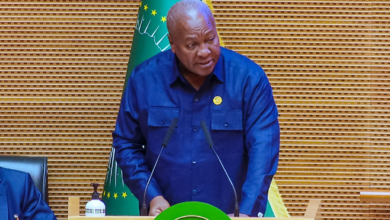Delenda est Cotonou? EU and ACP States: a partnership without partners
Although it was not much publicized in France, the agreement signed on December 3, 2020 between the European Union and the Organization of the Africa, Caribbean and Pacific States (ACP) reflects a major shift in the long-standing relations between the EU and the countries of the South.
By Thierry Vircoulon, Dominique Lecompte *
The EU has developed an aid policy since the Treaty of Rome in 1957, signed the first cooperation agreement in 1963 and is now often the largest donor to these countries, particularly in Africa. It plans to earmark around €80 billion to its Neighborhood, Development Cooperation and International Cooperation Instrument from 2021 to 2027.
From the Yaoundé convention signed in 1963 to the December 3, 2020 agreement, the EU development policy has radically changed. While, it was based on economic development, co-management of aid and focused on infrastructures and exports, it has changed paradigm and adopted new orientations. Signed in 2000, the Cotonou agreement symbolized this new direction: democratic governance became the new reference, political priorities were inserted into the aid policy, infrastructures projects were replaced by budget support and engineers were replaced by managers. These transformations had unfortunate consequences. Firstly, the inflation of the objectives assigned to aid, the subordination of aid to European diplomacy, the proliferation of strategic documents and of funding tools have made European aid policy confused and opaque. Secondly the politicization and the bureaucratization of the aid policy led to the end of the comanagement that characterized the European Development Fund.
As the European development aid has become less sand less partnership-based and more complex, governments of the South are less interested and look for alternative donors. If the prioritization of security and migration policy in European aid annoys some partners in the South, Brussels bitterly complains about the lack of impact of billions of development aid. As a matter of fact, the relation between the EU and ACP countries is characterized by growing disengagement and even disagreement that sometimes lead to diplomatic tensions.
The agreement of December 3, 2020, which officially puts an end to the co-management of aid and makes development a priority among others, symbolizes this lost love between the EU donor and the recipient countries and may lead to a partnership without partners in the coming years.
*’Ifri research, November 2021
Read the full research:






